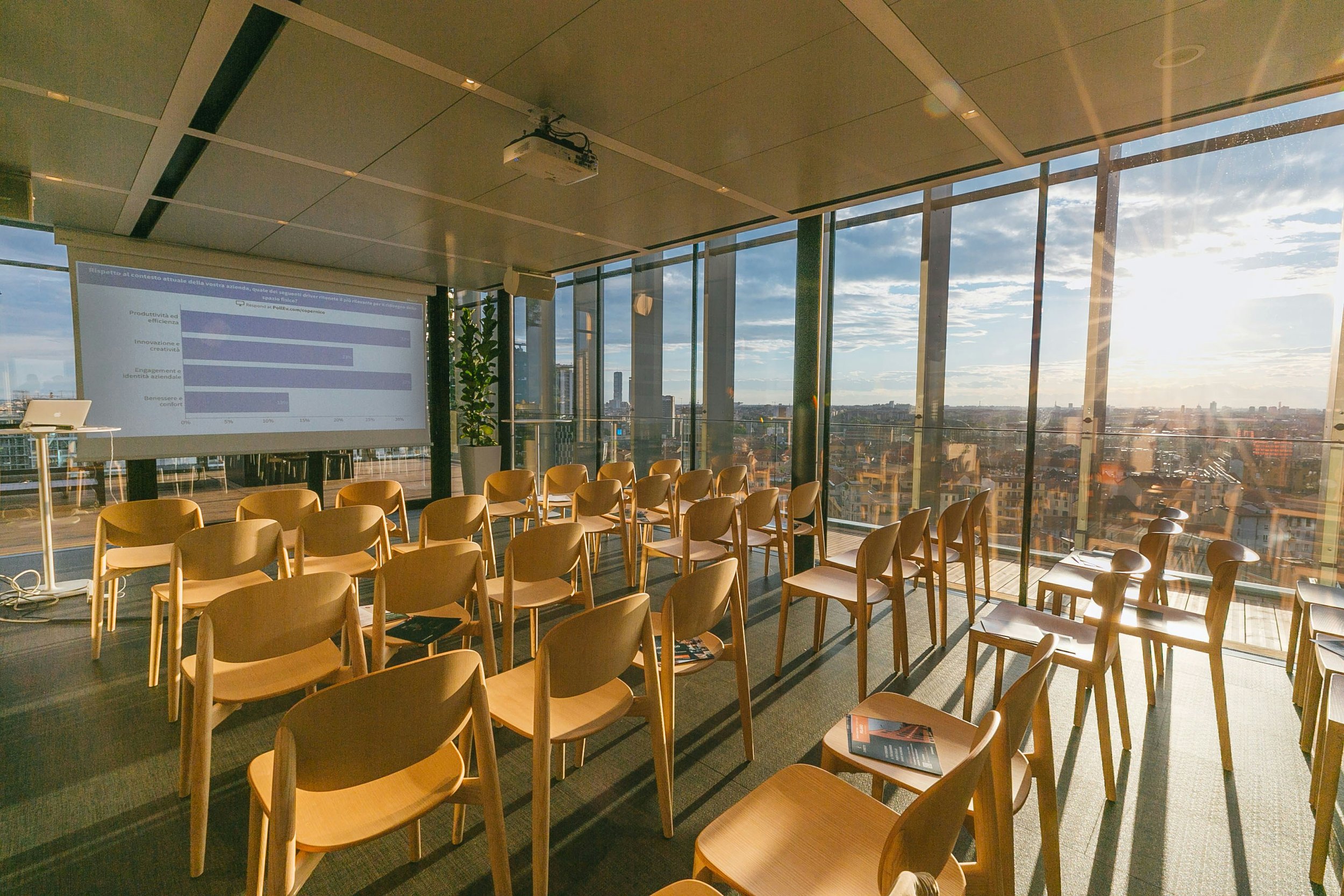ASO Annual Review - 2024 Alexander Technique Research & Insights
The ASO Newsletter - 48th edition
Enabling greater understanding of the Alexander Technique.
Introduction
Read (4min)
As 2024 comes to a close, we reflect on another year of exploration, learning, and innovation within the Alexander Technique (AT) community. From delving into the nuanced relationships between AT and voice, to examining its role in caregiving, pain management, and spirituality, this year has been a journey of diverse perspectives and deepening understanding.
A heartfelt thank you to all our contributors, readers, and members for engaging with the ASO platform, enriching the dialogue, and fostering a global community dedicated to the Alexander Technique.
Highlights
The year began with an insightful dialogue between Gabriella Minnes Brandes and Michele A. Capalbo, that explored new research on the acoustic and perceptual effects of AT lessons for a classical treble singer, offering insights into how AT can enhance vocal performance and guide future research into voice work.
In Part I, Monika Gross of The Poise Project shared research completed with the University of Idaho on how Alexander Technique supports caregivers for those with Parkinson’s, dementia, and other conditions. This first of two parts explored the research background, outcomes, and the need for AT in caregiving.
In the second part of this two-part series, Monika Gross elaborated on communicating research findings into how Alexander Technique lessons can assist caregivers for individuals living with Parkinson’s, Dementia, and other medical conditions. Additionally, a copy of a podium presentation delivered at the 2023 European Alzheimer’s Conference was released.
The 41st edition of the ASO newsletter featured a conversation with Regina Stratil, author of Irene Tasker - Her Life and Work with the Alexander Technique. This dialogue provided a fascinating glimpse into Tasker’s legacy and Stratil's research process when writing the book, helping to illuminate the historical tapestry of the Alexander Technique.
Mari Hodges and Tim Cacciatore shared their expertise in a two-part series on chronic pain management, connecting advances in pain science with AT principles. Their discussions emphasized the bio-psycho-social model of pain and how AT teachers can integrate this understanding to better support individuals experiencing persistent pain.
In Part II, Mari Hodges and Tim Cacciatore, continued to explore the shift from a bio-medical to a bio-psycho-social model of pain, delved into potential mechanisms for pain reduction observed in research participants, and discussed future research plans.
Judith Kleinman explored the role of "Time" in the curriculum development of AT teaching at the Royal College of Music (RCM). Her article highlighted how integrating AT into RCM's curriculum fosters an understanding of presence, reaction, and time flow, essential for musical performance and personal growth.
In a thought-provoking interview, Dr. Jennifer Fox Eades shared insights from her new book, Embodying Prayer: Exploring Franciscan Spirituality with the Alexander Technique. This discussion delved into the intersections of spirituality, prayer, and AT, shedding light on how embodied practice enhances spiritual exploration.
Lesley Glover interviewed Ruth Rootberg, author of Living the Alexander Technique. Rootberg shared insights into her research and writing process, along with wisdom gained from senior AT teachers on aging with poise, reflecting on the lifelong journey of practicing and embodying AT principles.
The year concluded with a podcast-style discussion featuring members of the STAT Research Group. This episode examined the use of self-report outcome measures in AT research, revealing how these tools can help to better capture personal experience to deepen our understanding of AT’s wholistic and expansive impact on human function and well-being.
Additional Links to Research Published in 2024
Modern Pain Science and Alexander Technique
This study explores the bio-psycho-social model of pain and possible mechanisms behind how AT may reduce pain. For details and a link to the paper please click here or link below:
https://www.zotero.org/groups/2389008/alexander_technique_studies/items/AM8G5GA8/item-details
View on Alexander Technique Among UK Higher Education (HE) Music Students
Federico Pendenza’s 2024 study captures the perspectives of 133 UK (HE) music students on the Alexander Technique (AT), highlighting implications and areas for growth in music and higher education. A link to the paper can be found here: International Journal of Music, Health, and Wellbeing (Autumn, 2024)
Note: Details of Federico Pendenza’s thesis, which compares perspectives from AT teachers, instrumental/vocal teachers, and music students in UK Higher Education (HE) music institutions can be found here: https://www.zotero.org/groups/2389008/alexander_technique_studies/items/MIVA4HBD/library
The AT in Musical Theatre: Enhancing Embodied Learning
Anne Cecilie Røsjø Kvammen and Johanne K. Hagen explore how AT improves embodied awareness, enhancing rehearsal routines and observation skills in musical theatre students. For details and a link to read the full article please click here or link below:
https://www.zotero.org/groups/2389008/alexander_technique_studies/items/BJ57NVR9/library
Conclusion
As we reflect on 2024, the Alexander Technique continues to illuminate new pathways in teaching, research, and practice. Each contribution this year—from historical explorations to innovative research—has enriched our collective understanding and practice. Thank you for being a part of this vibrant community. Here’s to another year of growth and discovery in 2025!
Thank You
Thank you to the ASO board and all our contributing members for their generous time and work over the year. To our community, your participation matters! You can support ASO by sending your friends here to subscribe for free, sharing this post, commenting below, or emailing us; we’d love to hear from you!










